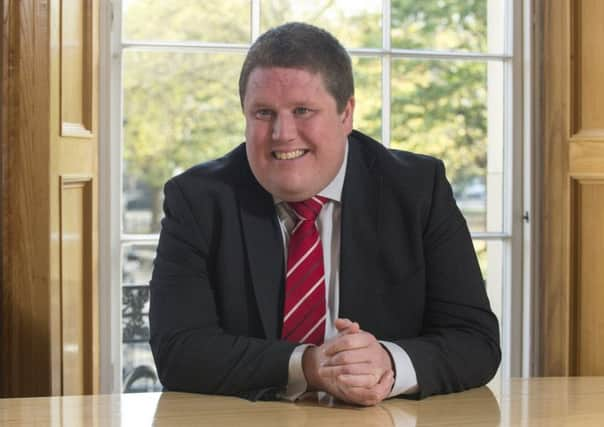Without a Will, legal rules will decide who benefits from your estate, not you


What happens when you die without a Will in Scotland?
If you have a Will, you can decide how your assets are distributed on your death. However, those who die without making a Will rely on the laws of intestate succession and, in such cases, a set of default legal rules determine who inherits from your estate.
Intestacy rules in Scotland are complex as numerous stages must be carried out in order, with different shares of the deceased’s estate being divided amongst surviving family members.
Advertisement
Hide AdAdvertisement
Hide AdThe first step is to determine what is moveable and heritable estate. The moveable estate includes assets such as money, cars and jewellery, while the heritable estate (sometimes referred to as immovable property) is any land and buildings owned by the deceased.
Following the separation of assets, the rules of intestacy split the deceased’s estate into ‘prior rights’ and ‘legal rights’. Prior rights must be satisfied before legal rights can be exercised.
Under current Scots law, prior and legal rights do not extend to unmarried partners or cohabitants. Although cohabitants can make an application to the court for a share of the deceased’s estate, there is no guarantee of success.
Where the deceased leaves behind a spouse/civil partner and children but no Will, prior rights dictate that the surviving spouse/civil partner will inherit:-
• property up to the value of £473,000;
• furniture up to the value of £29,000;
• a capital sum up to the value of £50,000.
Prior rights may exhaust the entire estate. If there is any estate left after prior rights, the surviving spouse and children are then entitled to legal rights from the remaining moveable estate of the deceased. Under these rules, one-third of the remaining moveable estate is given to the surviving spouse, one-third to the children, and one-third (together with any remaining heritable estate) is transferred to the ‘free estate’. The free estate therefore consists of the remainder of the estate after debts, prior rights, legal rights and any cohabitant’s claims. The children would receive the free estate (together with their legal rights).
If the deceased was survived by a spouse but no children, the spouse will have prior rights to £473,000 of property, £29,000 of furnishings and an entitlement to £89,000 cash. After this, they are entitled to half of the moveable estate under legal rights, with the remainder of the estate distributed to surviving family members in the following order:-
1. Parents and siblings (if someone survives from both classes, each class takes half of the free estate)
2. Siblings (if no parents are alive)
3. Parents (if no siblings are alive)
4. Spouse/civil partner
5. Uncles and aunts
6. Grandparents
7. Brothers and sisters of grand- parents
8. Ancestors of the deceased more distant than grandparents
Once a category is determined to have at least one person alive, no group further down the line will inherit from the estate, eg if there is a surviving parent then the surviving spouse/civil partner is not entitled to anything from the free estate.
Advertisement
Hide AdAdvertisement
Hide AdIn those rare cases where the deceased leaves no Will and no beneficiaries from the list above, the entire estate passes to the Crown.
Having a valid in Will in place helps ensure your family receives the assets you wish from your estate. In contrast, relying on the intestacy rules can create unnecessary stress and increase the costs of administering your estate. To guarantee your estate is distributed in line with your wishes, it is always recommended to keep your Will up to date.
Andrew Paterson is a partner, Murray Beith Murray